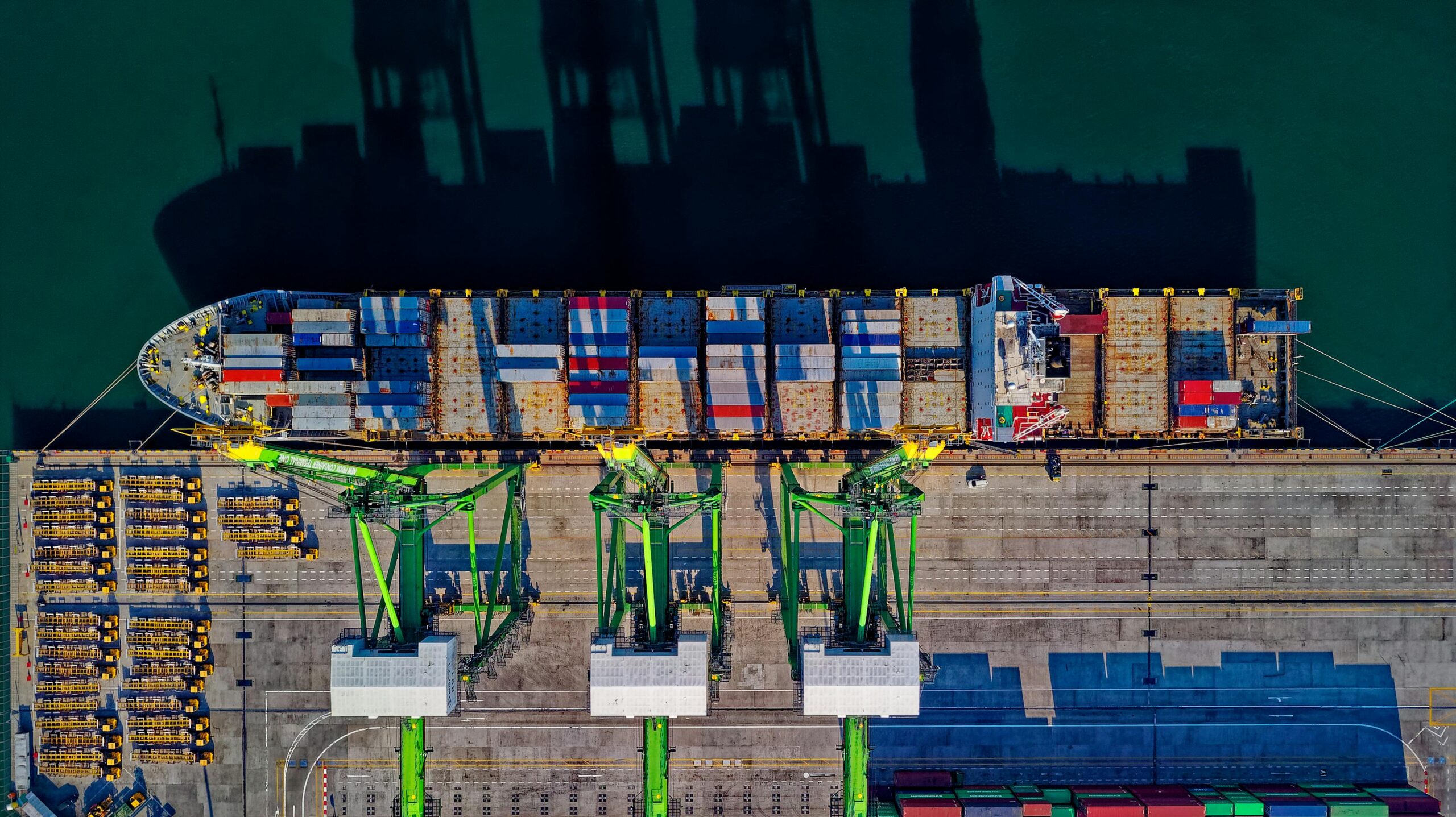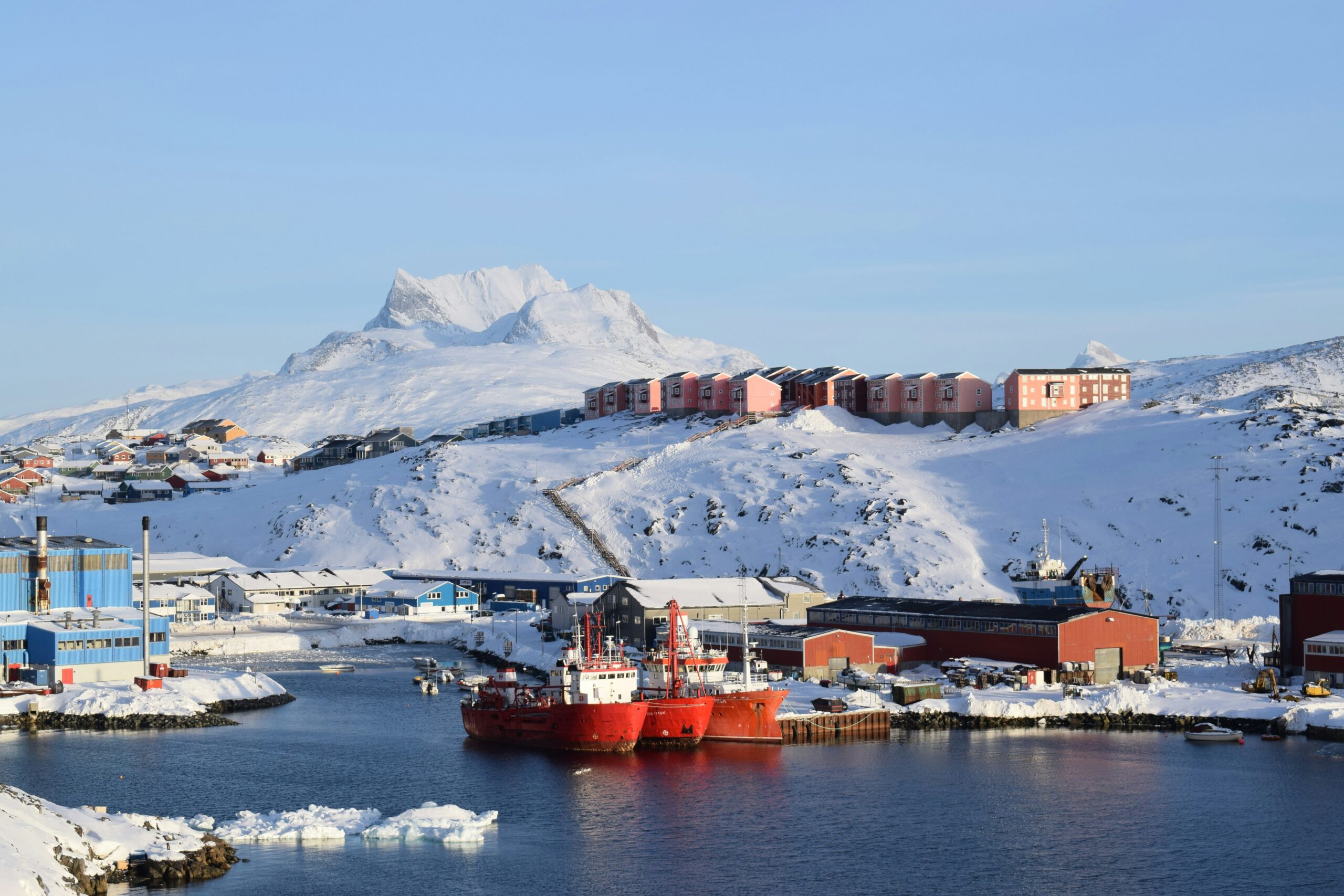For much of its modern history, Bulgaria has rightly focused its foreign policy on its immediate neighborhood — the Balkans, the Black Sea region, and the Euro-Atlantic space. Yet, as global power dynamics shift, it is becoming increasingly clear that the world’s economic and strategic center of gravity is moving eastward. The Indo-Pacific — a vast region stretching from the eastern coast of Africa to the Pacific Islands — is rapidly emerging as the defining arena of the 21st century.
For Bulgaria, a mid-sized EU member committed to multilateralism, economic resilience, and global engagement, ignoring the Indo-Pacific is no longer an option. Rather, the region must become a strategic priority.
The numbers are compelling. The Indo-Pacific is home to over half the world’s population and generates more than 60% of global GDP. By 2040, it is expected to account for nearly two-thirds of economic growth worldwide. Economies such as India, Japan, South Korea, Vietnam, and Indonesia are not only regional giants but increasingly central to global trade, innovation, and sustainability.
For Bulgaria, deepening ties with the Indo-Pacific offers clear opportunities: diversifying exports and investment, integrating into resilient supply chains, and partnering on green and digital technologies. With its strong IT sector and growing innovation ecosystem, Bulgaria is well-placed to connect with the region’s tech and research hubs. As the EU strengthens its own Indo-Pacific strategy, Sofia has a chance to align itself with this momentum and carve out a distinct role.
But the Indo-Pacific is not just about markets. It is one of the world’s most complex strategic theatres — home to five nuclear powers, contested maritime zones, and critical shipping lanes, such as the Strait of Malacca. A disruption in this region — whether due to conflict, cyberattack, or environmental disaster — would have ripple effects that reach Bulgarian ports, companies, and consumers.
Bulgaria, as an EU and NATO member, has a stake in the rules-based international order that ensures freedom of navigation, open sea lines of communication, and respect for international law. A stable Indo-Pacific helps safeguard the global commons, which matters as much to Varna and Burgas as it does to Singapore or Yokohama.
Importantly, the Indo-Pacific is no longer simply a stage for U.S.-China rivalry. Middle powers such as India, Japan, South Korea, Indonesia, and Australia are playing a more assertive role in shaping regional order. These countries share many of Bulgaria’s core values: democratic governance, multilateral engagement, and a commitment to sustainable development. Partnering with them—whether through EU-led initiatives or bilateral ties—can provide Bulgaria with alternative pathways to pursue a principled and independent foreign policy.
Technological competition is another front where Bulgaria cannot afford to lag. The Indo-Pacific is at the cutting edge of developments in artificial intelligence, cybersecurity, digital infrastructure, and semiconductors. Deepening cooperation with like-minded partners in the region can help Bulgaria bolster its technological resilience and reduce dependency on any one source of digital tools or standards.
The region also faces profound climate risks. Pacific island states face existential threats from rising sea levels, while Southeast Asia grapples with extreme weather, deforestation, and food insecurity. Bulgaria, with its growing expertise in renewable energy, circular economy practices, and environmental policy, can contribute to and benefit from green partnerships in the Indo-Pacific. Engaging on climate diplomacy here is not only responsible — it strengthens Bulgaria’s voice in global sustainability efforts.
Moreover, regional organizations, such as ASEAN, the Indian Ocean Rim Association (IORA), and Pacific Islands Forum are becoming important venues for shaping global norms on trade, maritime law, and disaster response. Bulgaria has a longstanding commitment to multilateralism — and supporting these efforts in the Indo-Pacific reinforces that commitment in a region where it is being tested.
Strategically, the region also offers a way for Bulgaria to diversify its international relationships. In an increasingly multipolar world, over-reliance on a narrow set of partners can leave smaller states exposed to geopolitical pressure. By building relations with countries like India, Australia, Vietnam, and Japan, Bulgaria can reduce strategic vulnerabilities, gain access to new supply chains, and contribute to a more balanced European foreign policy.
The EU has already recognised the importance of the Indo-Pacific, adopting its own strategy to deepen engagement in areas from digital policy to security cooperation. Bulgaria can and should play an active role in shaping and implementing that strategy. Doing so will amplify its voice within the EU, strengthen its external partnerships, and demonstrate leadership as a forward-looking European state.
The Indo-Pacific is not a distant concern — it is central to the future of global governance, prosperity, and stability. For Bulgaria, the challenge now is to shift its foreign policy mindset accordingly.
You don’t need to be a great power to have an Indo-Pacific strategy. What’s required is strategic clarity, targeted engagement, and the courage to look beyond traditional horizons. Bulgaria has all three — and the time to act is now.
No less important are the security issues, concerning the balance of power in the Indo-Pacific region. Bulgaria is facing an intensive disinformation campaign after the Russian invasion of Ukraine, preceded by decades of consistent Russian influence on the Bulgarian foreign policy decision-making. The nuclear pact between Russia and the Democratic People’s Republic of Korea caused serious concern among NATO allies and in particular the United States, which is trying to balance between its commitments to the Alliance and the Indo-Pacific. Furthermore, Bulgaria and the Republic of Korea have already established a strategic partnership in the field of nuclear energy and trade, setting strategic preconditions to further deepen the economic and political relations between Sofia and Seoul.
Bulgaria’s participation in China’s Belt and Road Initiative might be a double-edged strategy, while NATO has already integrated China as a challenge in its latest security strategy. So far, Beijing is Sofia’s third largest and the only Asian economy to occupy such an essential place in the Bulgarian foreign trade relations. Boosting relations with Australia, India, South Korea, and Japan thus will balance the Chinese economic influence in Bulgaria and create a plausible open-door policy to the Indo-Pacific without causing stark strategic shifts in Bulgaria’s foreign policy. Furthermore, being located at the heart of the Balkan Peninsula, Bulgaria remains a key strategic ally of NATO and given the recent trends in the U.S.–China strategic competition, Sofia will sooner or later find itself bound to balance between its trade relations with Beijing and strategic alliance with Washington. A potential pivot to the Indo-Pacific may become a strategic necessity rather than a desired reality.
Finally – the sooner Bulgarian policymakers begin to develop an Indo-Pacific strategy, the better prepared they will be for NATO’s pivot to that region. Although deterrence of Russia occupies a central place in the Alliance’s strategies, China’s growing trade relations with Moscow and North Korea’s rapprochement with the Putin administration imply the strategic need for Bulgaria to clearly position itself as a reliable ally. The latter can no longer be achieved only based on anti-Russian political rhetoric but should rather rely on a sophisticated foreign policy that combines Bulgarian commitments to NATO with all strategic priorities of the Alliance. Partnership with the Indo-Pacific Four could be a plausible starting point for such foreign policy whereas South Korea, Japan, Australia, and New Zealand remain the strongest partners of NATO in the region. Strategic ties could start from expanding trade and economic partnership to establishing a tight cooperation in the field of security. The Bulgarian pivot to the Indo-Pacific will then position Sofia as a strategic crosspoint and reaffirm the country’s geostrategic location as essential to the global distribution of power.





